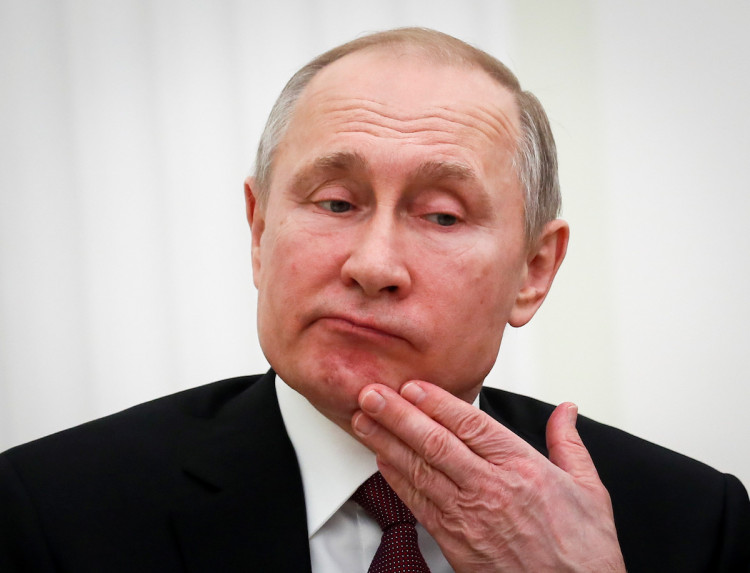Gorbachev, revered in the West for freeing eastern Europe from Soviet communist domination but reviled at home for the turmoil his "perestroika" reforms unleashed, will be laid to rest on Saturday following a public ceremony in Moscow's Hall of Columns.
The funerals of Soviet leaders Vladimir Lenin, Josef Stalin, and Leonid Brezhnev were held at the Grand Hall, which was located near the Kremlin.
Gorbachev will be memorialized with a military guard of honor, but his funeral will remain private.
On Thursday, state television showed Putin gravely placing red roses by Gorbachev's coffin, which was kept open as is customary in Russia, at Moscow's Central Clinical Hospital, where he died on Tuesday at the age of 91.
Putin made the Russian Orthodox sign of the cross before lightly touching the coffin's edge.
He stated Gorbachev's funeral will include "features" of a state funeral, and that the government would help organize it.
However, there will be a stark contrast to the funeral of Yeltsin, who was instrumental in marginalizing Gorbachev as the Soviet Union disintegrated and hand-picked Putin, a veteran KGB intelligence officer, to follow him.
Putin announced a national day of mourning upon Yeltsin's death in 2007 and, along with international leaders, attended a state burial at Moscow's Cathedral of Christ the Saviour.
Russia's participation in Ukraine appears to be geared at undoing at least a portion of the 1991 Soviet Union collapse that Gorbachev was unable to avoid.
Gorbachev's decision to allow the countries of the post-World War II Soviet communist bloc to go their own way and for East and West Germany to reunite sparked nationalist movements within the 15 Soviet republics that he was unable to suppress.
Putin termed the dissolution of the Soviet Union "the greatest geopolitical calamity of the 20th century" five years after assuming power in 2000.
Putin delayed more than 15 hours after Gorbachev's death to release a restrained message of condolence in which he stated that Gorbachev had a "major impact on the course of world history" and "truly grasped that reforms were necessary" to address the Soviet Union's issues in the 1980s.
The Kremlin's mixed perspective of Gorbachev was reflected in official television broadcasts, which lauded him as a historical figure but criticized his reforms and held him accountable for failing to protect the country's interests in talks with the West.






